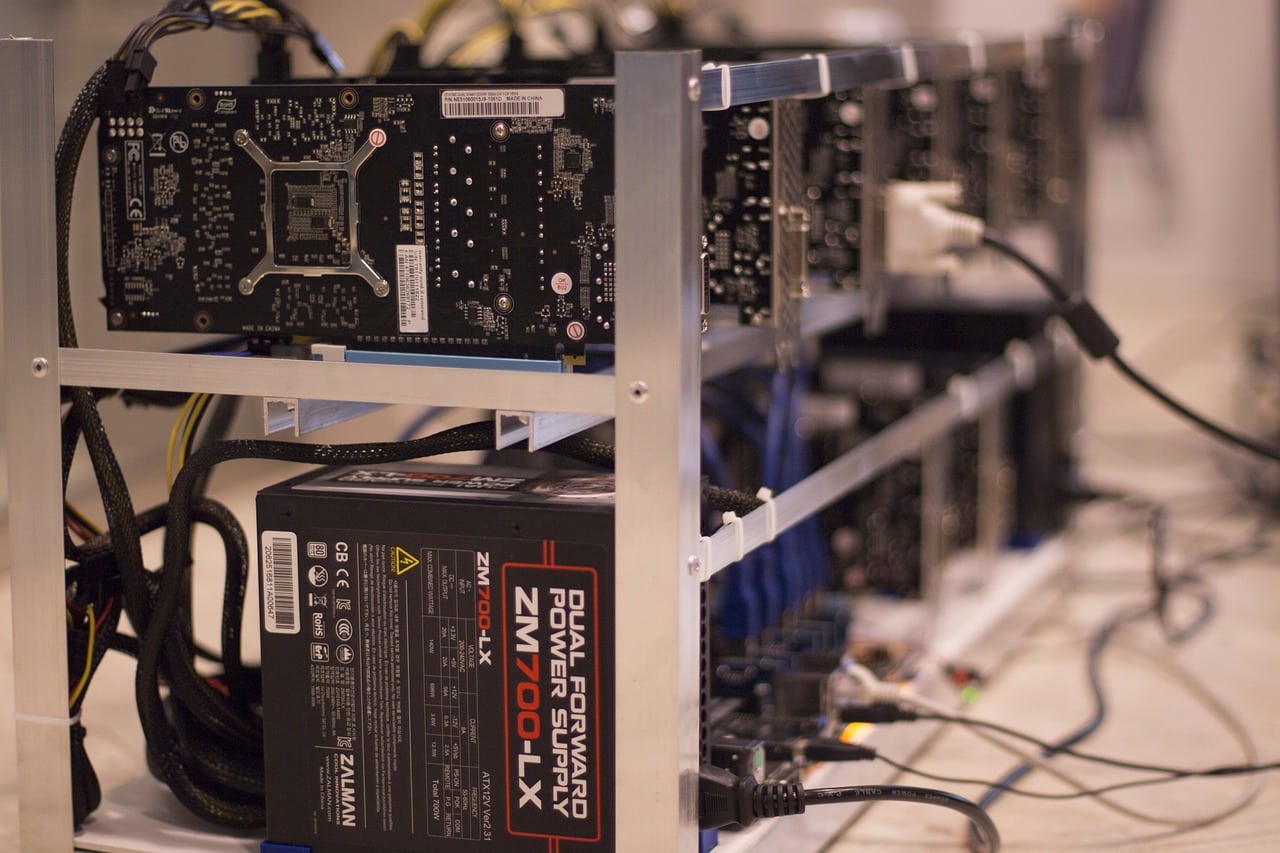Beijing, China has further doubled down on crypto mining activities as a part of its revamped energy conservation implementation plan.
Per a recent government notice, the Beijing Municipal Development and Reform Commission along with 11 other departments have implemented revised plan to further strengthening energy conservation.
The plan emphasized on “resolutely cleaning up the city’s virtual currency mining activities” to align with the laws and regulations.
The reform stressed on energy conservation for a “higher level and higher quality” to further ensure safe, stable and efficient operation of the city’s energy.
Furthermore, Beijing authorities are responsible to “rectify” crypto mining activities by strengthening the monitoring, analysis and classified rectification of mining.
Online sleuth WuBlockchain posted on X, “Beijing, China, requires strengthening the monitoring and analysis of cryptocurrency mining activities in 2024.”
Beijing, China, requires strengthening the monitoring and analysis of cryptocurrency mining activities in 2024 and resolutely cracking down on cryptocurrency-related mining activities in Beijing in accordance with laws and regulations. https://t.co/uY6eUTc3Vx
— Wu Blockchain (@WuBlockchain) February 4, 2024
Beijing Cracks Down Harder on Bitcoin Mining
In September 2021, China intensified its crackdown on cryptocurrency mining and declaring all financial transactions involving cryptos illegal. The clampdown came as the country’s central bank has been testing its own digital currency, the digital yuan.
As a result of the blanket ban, Bitcoin miners scattered to the West, particularly U.S., to set up their base.
However, this crypto mining crackdown appears to be different for a few big reasons. For one, China has been facing a power crisis, a resource vital to the crypto mining process.
The country witnessed its worst energy shortage in a decade. 2021 and 2022 saw several provinces in China experience power shortages, per Centre for Research on Energy and Clean Air.
Additionally, Beijing has also made it clear that crypto mining obstructs its aggressive climate targets, as it plans to achieve carbon neutrality by 2060. Government spokesperson Meng Wei previously slammed bitcoin mining, calling it an “extremely harmful” practice and vowing for stricter enforcement measures.
Elsewhere in the world, jurisdictions are taking proactive measures towards the transparency in energy use. For example, the US government has recently initiated ‘emergency’ checks on crypto power usage to overcome winter power demands.
In January, the U.S. Energy Information Administration (EIA) submitted a letter to the Office of Management and Budget, calling for emergency review and clearance on crypto mining facilities.
“The price of Bitcoin has increased roughly 50% in the last three months, and higher prices incentivize more cryptomining activity, which in turn increases electricity consumption,” Joseph F. DeCarolis, administrator of EIA wrote.
“This proposed emergency survey is necessary for EIA to fulfill its mission to provide timely data collection to promote sound policymaking, efficient markets, and public understanding of energy and its interaction with the economy and the environment.”
